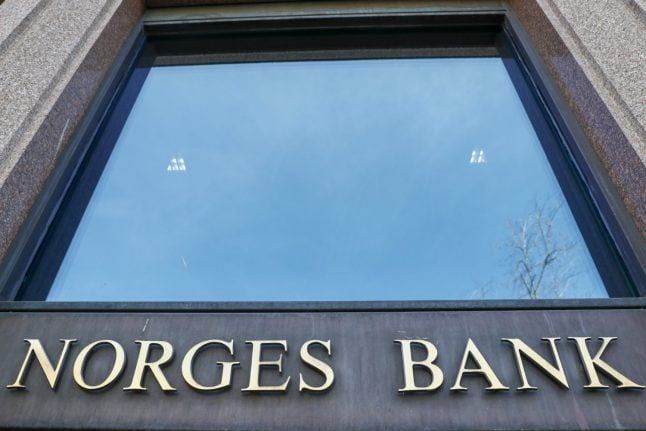Bharat Heavy Electricals has been targeted because it is building a coal-fired power plant in the Sundarbans, one of the world's largest mangrove forests straddling Bangladesh and the Indian state of West Bengal.
The fund — worth an estimated 8.1 trillion kroner (852 billion euros, $934 billion) — has also placed Chinese oil giant PetroChina and Italian aerospace group Leonardo under observation over corruption allegations, said the Bank of Norway, which manages the wealth fund.
READ ALSO: Norway's wealth fund drops 52 coal companies
Some 65 senior executives at PetroChina, a listed entity of the Chinese oil giant CNPC, are being investigated on suspicion of bribery in China, Canada and Indonesia.
Leonardo is also under observation due to its involvement in several cases of alleged or proven corruption in India, South Korea, Panama and Algeria between 2009 and 2014.
The fund which has shares in some 9,000 companies around the world, must follow ethical rules which prohibit it from investing in companies that produce nuclear arms, tobacco, risk environmental damage, violate human rights, and enterprises deriving a large part of their business from coal.
More than a hundred groups, including giants like Airbus, Boeing, British American Tobacco and Wal Mart, have been blacklisted and a dozen others are under observation.



 Please whitelist us to continue reading.
Please whitelist us to continue reading.